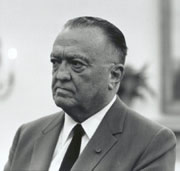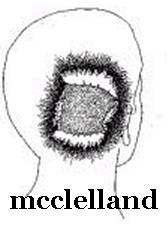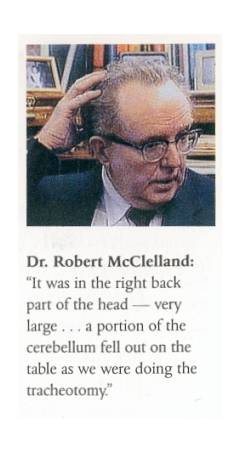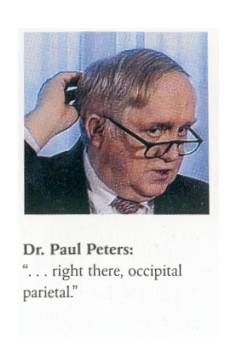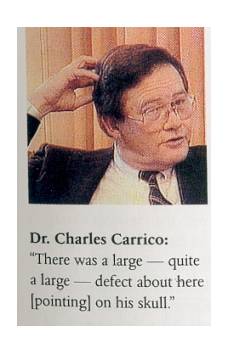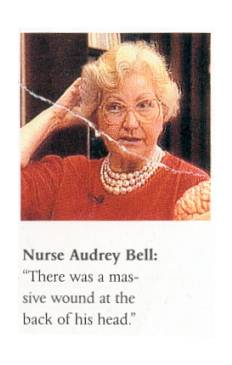The evidence proving a conspiracy in the JFK assassination is overwhelming. Yet millions Americans cling to the absurdity of the government's case against Oswald.
It defies logic.
You have it quote vackwards the evidence of a conspiracy is non existent.
No one has yet to produce evidnece proving anything dishonest about the Warren Commission report.
The Warren Commission apparently did not have the sort of cooperative relationship with the FBI one might have wished for in so important an investigation. The evidence, the House Select Committee on Assassinations discovered, indicates that Hoover viewed the Warren Commission more as an adversary than a partner in a search for the facts of the assassination. The HSCAs chief counsel, Robert Blakey, an experienced criminal investigator and prosecutor himself, was impressed with neither the Commissions vigor nor its independence from the FBI. What was significant, Blakey has written, was the ability of the FBI to intimidate the Commission, in light of the bureaus predisposition on the questions of Oswalds guilt and whether there had been a conspiracy.
At a January 27 [1964] Commission meeting, there was another dialogue [among Warren Commissioners]:
John McCloy:
the time is almost overdue for us to have a better perspective of the FBI investigation than we now have
We are so dependent on them for our facts
.
Commission counsel J. Lee Rankin: Part of our difficulty in regard to it is that they have no problem. They have decided that no one else is involved
.
Senator Richard Russell: They have tried the case and reached a verdict on every aspect.
Senator Hale Boggs: You have put your finger on it. (Closed Warren Commission meeting.)
FBI Director J. Edgar Hoover
(LBJ Library Photo)
Hoover may have succeeded in intimidating the Commission by employing one of his favorite dirty tricks. [D]erogatory information pertaining to both Commission members and staff was brought to Mr. Hoovers attention, the Church Committee discovered. During an appearance before the HSCA in 1977, no less than Warren Commission chief counsel J. Lee Rankin sheepishly conceded, Who could protest against what Mr. Hoover did back in those days? Apparently not even presidential appointees.
Thus, with the exposes of the Church and Select Committees, the government has itself granted one of the more potent criticisms of Warren Commission skeptics: that its final conclusions had been determined even before work had commenced. Looked at this way, the reasons for the Commissions inattention to clear conflicts in the medical and autopsy evidence can be seen as of a piece with the Commissions general disinterest in anyone other than Oswald, an orientation that is well explored in the works of skeptics such as Sylvia Meagher, Harold Weisberg, Josiah Thompson, Henry Hurt, Peter Dale Scott, Robert Blakey, etc.

